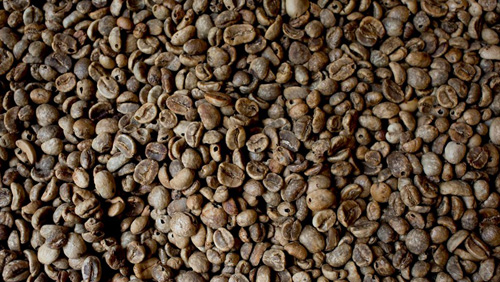Exporters undercut as global rivals benefit more from currency effects
Sunday, 10:49, 20/09/2015
Export earnings from Vietnamese farm commodities have fallen after many countries let their currencies depreciate significantly, giving their exporters more ability to undercut rivals.
Vietnam's farm exports dropped 7.7% year-on-year to around US$9.2 billion in the January-August period, and experts warn that further declines should be expected.
They made the gloomy forecast at a conference held by the Institute of Policy and Strategy for Agriculture and Rural Development recently in Hanoi, news website Saigon Times Online reported.
Nguyen Do Anh Tuan, chief of the institute, better known as Ipsard, said since China, which buys 20% of Vietnam's agricultural exports, depreciated the yuan last month, Vietnamese exporters have been under pressure to reduce their prices to be able to compete with Chinese products.
Some other major competitors such as Brazil, India and Thailand have also let their currencies declined, he said.
Over the past year, the Brazilian real has fallen 72% against the US dollar and the Thai baht, 18%, he said.
 |
| Arabica coffee beans sit in a container inside coffee store in Hanoi. |
Sales of robusta coffee beans could also shrink, now that arabica beans produced by Brazil and Columbia, which are preferred by roasters, have become almost just as cheap.
Vietnam's seafood products are too facing difficulties, considering that its shrimp is now more expensive than similar products from India, Indonesia and Thailand, Kien said.
Ipsard researchers urged local exporters to boost shipments to the US, as the US dollar has remained strong, especially for products that "have advantages" in that market such as seafood, coffee, pepper, cashew, and wood, the news website reported.
For a mid- and long-term solution, the government should help local businesses diversify their markets, for instance by exporting rice to Ghana and the US, and coffee to Australia and the Republic of Korea, Kien said.

